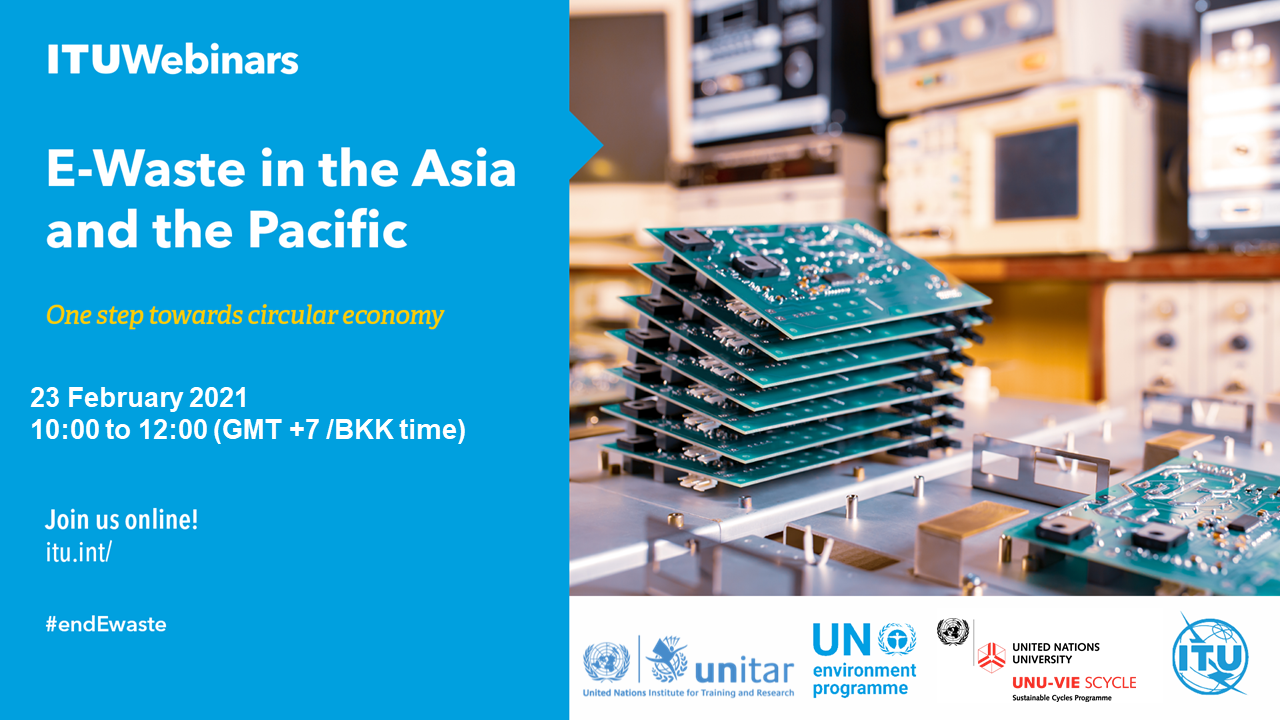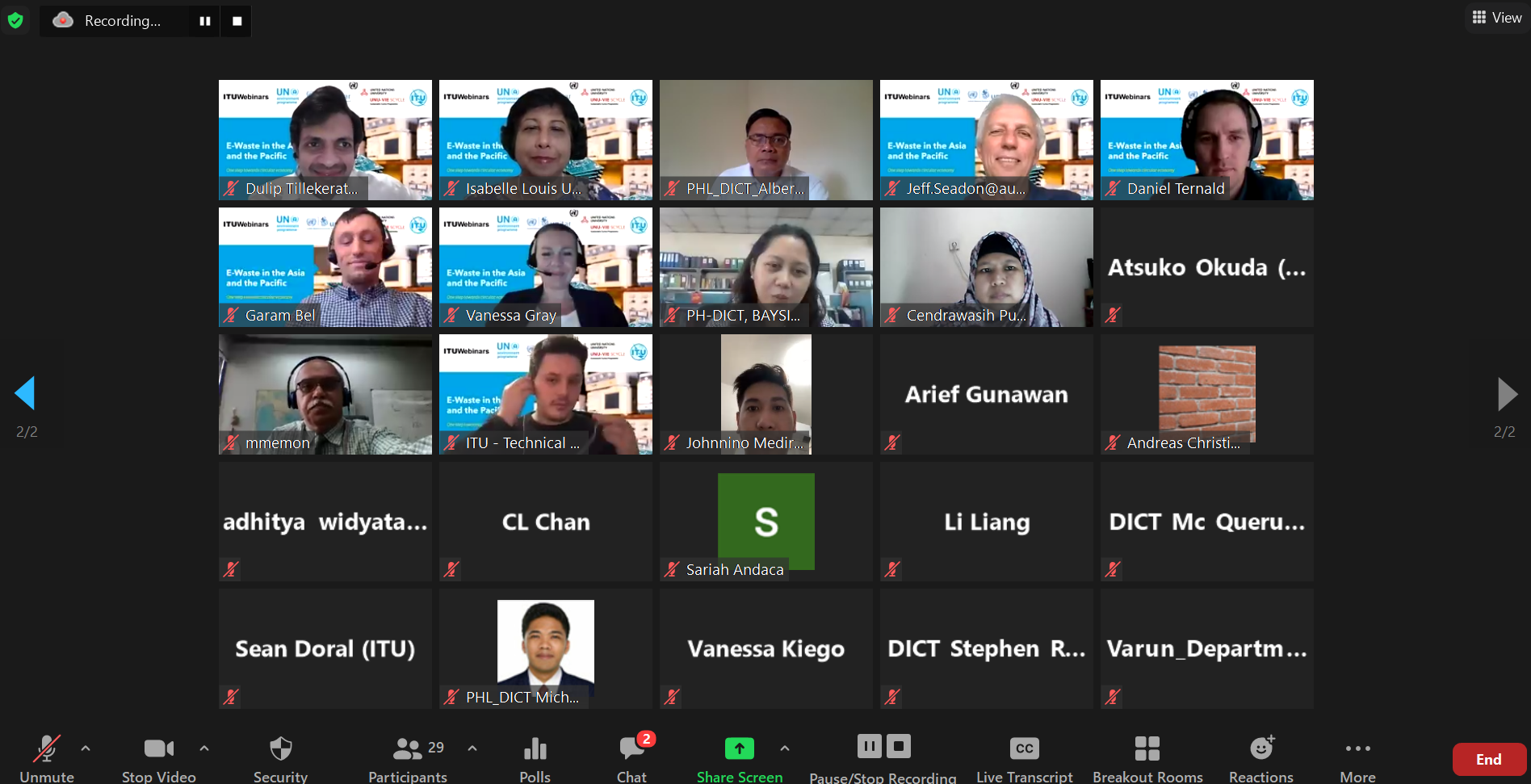
Information and communication technologies (ICTs) are a critical development tool and technological advancement and innovation have created new opportunities for global connectivity. As a result, more people, especially in rural and previously unconnected areas, have access to Internet. Mobile-cellular and broadband networks and services have expanded rapidly.
At the end of 2019, some 4.1 billion people were connected to the Internet and the number of mobile-cellular telephone subscriptions is currently greater than the global population. Higher levels of disposable income, urbanization, and industrialization in many countries are leading to growing amounts of throw-away ICTs, and consequently to waste electrical and electronic equipment (WEEE), also called “e-waste".
According to The Global E-waste Monitor 2020, the world generated a total of 53.6 million metric tons (Mt) in 2019. In the same year, through domestic and imported WEEE, India alone generated 3,230 kilotonnes (kt) whilst the whole of Asia generated 24.9 Mt (5.6 kg per person). This regional figure equates to an astounding 46% of all WEEE generated globally. As Asia is the world's most populous region, the issue cannot be left unaddressed, without proper tools and measurements to manage WEEE.
As a result of WTDC-17 in 2017, several Regional Initiatives were agreed upon pertaining to “e-waste", for implementation by the Telecommunication Development Bureau. One of the objectives of Regional Initiative 5 for the Asia-Pacific region – Contributing to a secure and resilient environment – stipulates: “Formulation of comprehensive strategies and measures to help mitigate and respond to the devastating effects of climate change, including e-waste policy.

| 
|